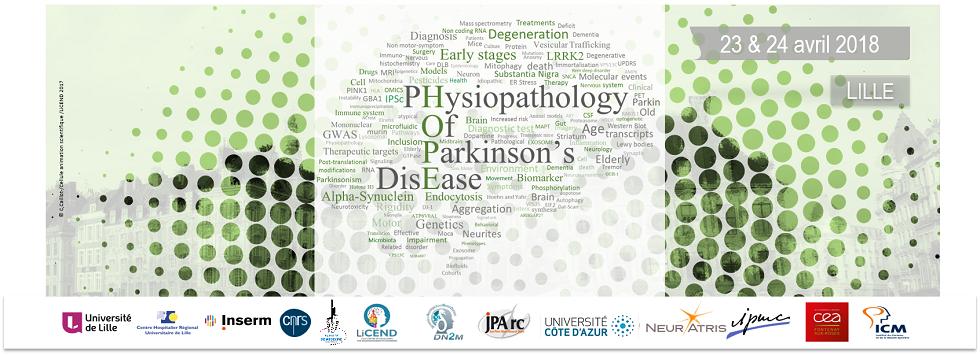In the field of neurodegenerative diseases, the concept of non-cell autonomous disease mechanisms suggests that neurodegeneration is not just mediated by damages within the affected neurons but is also influenced by interactions with neighboring glia and immune cells. This so-called neuroinflammatory response produces both neurotoxic and neurotrophic effects and it has been suggested that its imbalance could be at the core of the detrimental progressive nature of many neurodegenerative diseases including Parkinson's disease (PD). Evidence from epidemiological, genetic as well as postmortem and animal studies suggest that neuroinflammatory processes primarily associated with microglial cell activation could be intricately linked not just to disease progression but also to selectivity of neurodegeneration. In addition to these now well-recognized culprits, latest developments in the field have revealed that adaptive immune response to neurodegeneration may play an equally important role in PD pathogenesis. This later observation highlights the importance of brain extravasation of peripheral immune cells (both myeloid and T cells), a process largely dependent on the chemokine axis.
Yet, all immune cell responses to neurodegeneration may not be detrimental during PD. For instance, brain perivascular macrophages, a specialized and highly phagocytic macrophage population strategically positioned along the “glymphatic system”, are likely to play a beneficial role. Therefore, future therapeutic approaches aimed at curtailing deleterious neuroinflammation in PD will need to selectively target the cytotoxic arm without altering the beneficial function of immune cells.
This work is supported by JPND/ANR SynAction, FRC, France Parkinson and NRJ Foundation; Mouse alpha-Synuclein fibrils were provided by L. Bousset and R. Melki (Saclay Neuroscience Institute, France).

 PDF version
PDF version
